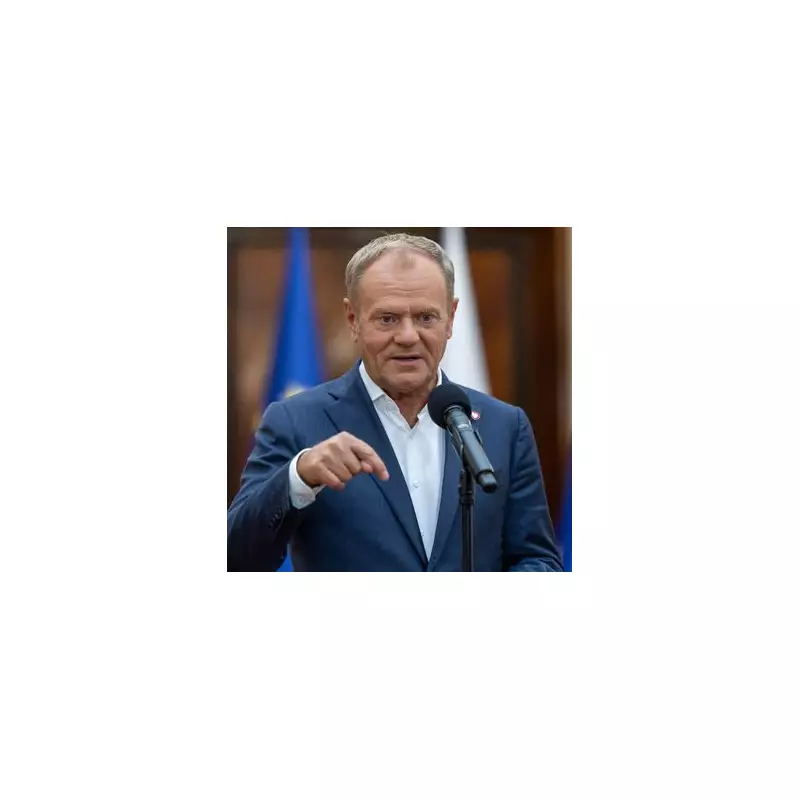
In a dramatic escalation of Western rhetoric, France has boldly declared that Ukraine must be given the green light to use Western-supplied weaponry to strike legitimate military targets on Russian soil. This stark position, championed by President Emmanuel Macron, directly challenges the current cautious stance held by key allies like the United States and Germany.
A Strategic Shift in Western Policy
President Macron's argument hinges on a simple, yet provocative, point of logic. He asserts that it is fundamentally illogical to provide Ukraine with advanced weapons systems, only to forbid their use against the very bases from which Russian attacks are launched. "How can we explain to the Ukrainians that we are going to give them weapons to defend their territory, but that they do not have the right to attack the points from which the missiles are fired?" Macron questioned during a press conference.
This marks a significant strategic shift, pushing for a more aggressive interpretation of military support for Kyiv. The French leader emphasised that Western weapons should be authorised to neutralise military installations used to attack Ukraine, but he explicitly ruled out targeting civilian sites.
NATO Allies Divided on Red Line
This new French stance has exposed a clear fracture within the NATO alliance. The United States, under President Joe Biden, has so far been reluctant to cross this red line, fearing a dangerous escalation that could draw NATO into a direct confrontation with Russia. Germany has echoed similar concerns, advocating for restraint.
However, Macron is not alone. He has found support from other NATO members, including the Netherlands and several Baltic states, who argue that crippling Russia's military logistics on its own territory is essential for Ukraine's survival. This division sets the stage for a tense debate at upcoming international summits.
International Reactions and the Kremlin's Warning
The Kremlin has reacted with predictable fury. Russian officials have issued stern warnings, stating that such a move would dangerously escalate the conflict. They have threatened retaliatory measures against any Western countries that endorse this strategy, raising the spectre of a wider war.
As the diplomatic chess game intensifies, all eyes are now on Washington and Berlin. Will France's bold ultimatum force a recalculation of Western strategy, or will it deepen the divisions within the alliance at a critical juncture in the war? The future of Western support for Ukraine may hinge on the answer.






